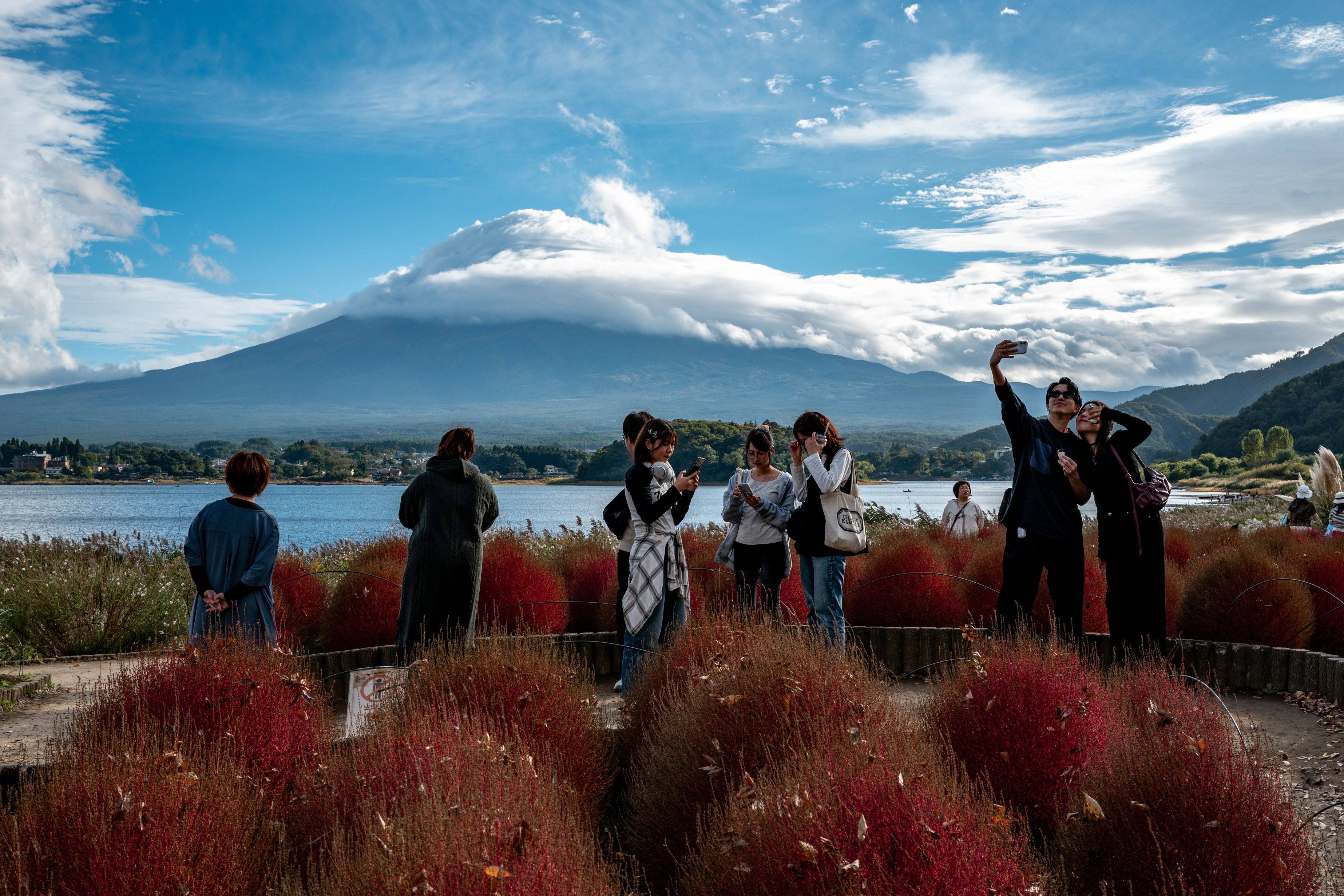Copyright scmp

Japan’s proposed increase in visa fees and departure tax is an attempt to balance between dealing with overtourism and deterring misbehaving visitors at “the bottom of the pyramid”, according to industry observers. The government believes the present fees for visas and departure taxes are low in comparison with international standards, with the Asahi newspaper reporting that the additional funds would be used on improving tourism infrastructure and the education sector. If implemented, the proposal is expected to generate nearly 300 billion yen (US$1.99 billion) in revenue annually for Tokyo. Industry insiders say the small visa fee and departure tax increases are unlikely to put people off from travelling to Japan, but any requirement for visitors to obtain a visa in person at their respective embassies could adversely affect arrival numbers. A travel operator says the price increase is a deliberate effort to make Japan a more expensive destination and put off a segment of international visitors who have been criticised for misbehaving and failing to respect Japanese norms and customs. “If the increases are large, then it is inevitable that people will notice when they pay for a visa or see the added charges attached to a flight. But the popularity of Japan as a destination at the moment and its competitive price, because of the favourable exchange rate, means that there will not be much of an impact,” Masaru Takayama, president of Kyoto-based Spirit of Japan Travel, told This Week in Asia. “But I see this more as the government introducing a filter. Japan has a real problem with overtourism in the bigger cities and the most attractive destinations, and the government wants to focus more on high-value travellers.” For certain travellers whom Japan did not wish to welcome, they might be reluctant to pay more to visit the country, Takayama said. “The aim is to cut the bottom of the pyramid.” Several foreign tourists visiting Japan have triggered anger on social media for misbehaving during their trips. Among them were a tourist doing pull-ups on a sacred “torii” gate at Atago Shrine in Kyoto in August and a social media influencer filming himself pushing an elderly man on a train after the latter asked the younger visitor from Europe to be quiet. Japan introduced a departure tax for all passengers, including Japanese travelling for leisure or business, in 2019. The tax is presently set at 1,000 yen (US$6.63). No decision has been made on the new cost of a tourist visa, which is presently at 3,000 yen (US$19.89) for a single-entry document. The cost of an entry visa has not changed since 1978. “Realistically speaking, if a traveller is going to spend US$2,000 on coming to Japan, a small increase in the cost of a visa is not going to put them over the edge,” said Alex Litz, director of inbound promotion for Expedition Japan, based in Yamagata City in the northern Tohoku region of Japan. “The concern is that they will make the process more complicated. If they make it simple and just add the departure tax to the cost of a ticket, then most people will not even notice, and it certainly will not be a deal breaker.” While getting visas online should mostly be a straightforward process, there are cases of visitors from other countries being put off by the hassle of travelling to Japan due to more complicated visa processes, according to Litz. “It depends on how they implement it, but if there are additional processes, then it becomes inconvenient and people feel like they are unwelcome.”



